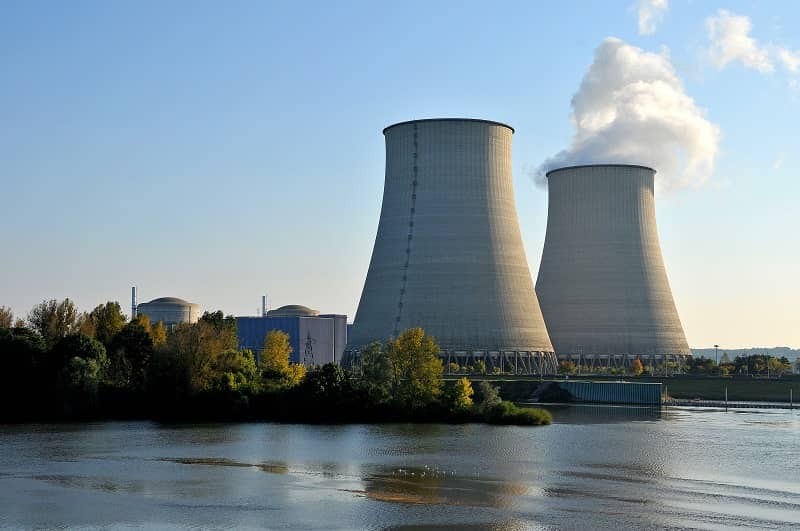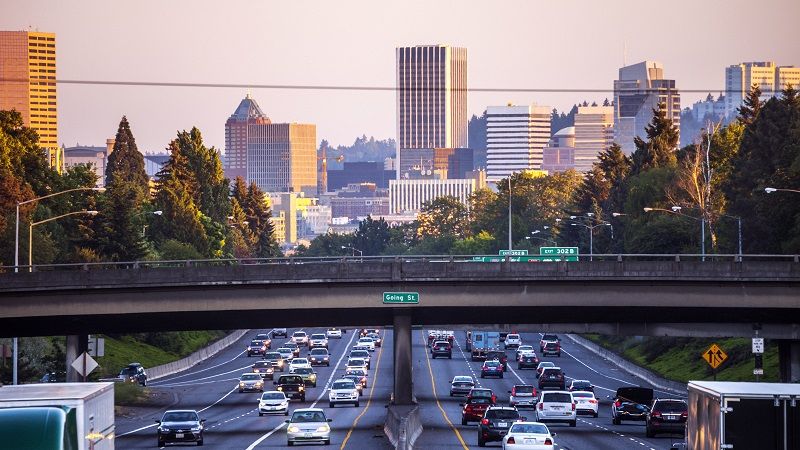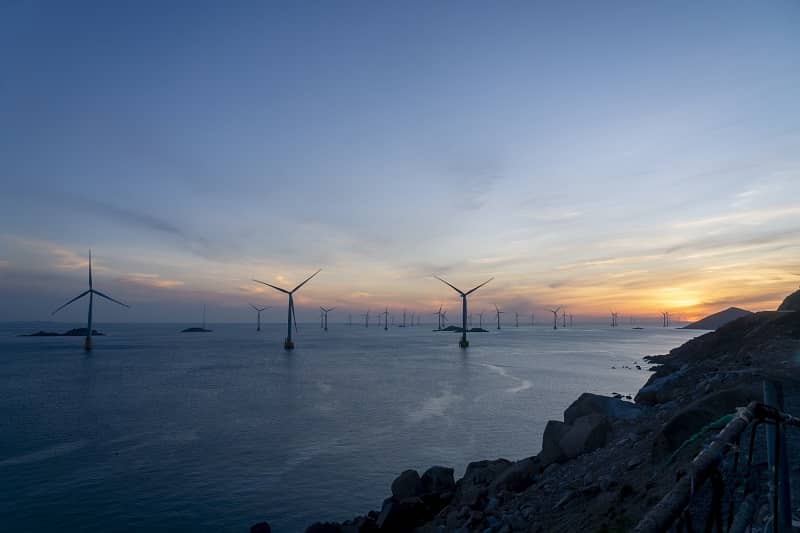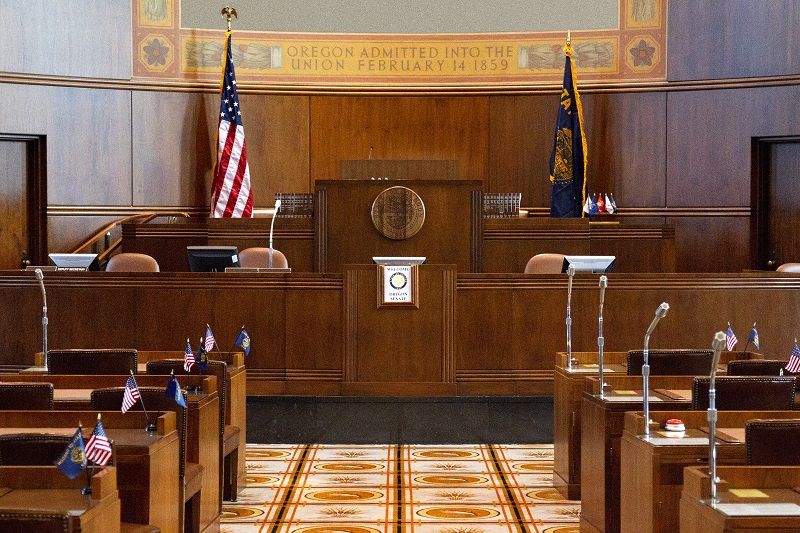By Micah DeSilva
For over 40 years, Oregon has outlawed the construction of nuclear power plants within its borders. The policy was first proposed to voters as Ballot Measure 7 in 1980, just one year after the partial meltdown at Three Mile Island. While the scare caused no deaths or injuries, many saw it as a reason to delay the adoption of nuclear power, and Measure 7 would go on to pass with a narrow 53-to-47 percent majority. Ever since, new nuclear plants have been prohibited in Oregon until the federal government licenses a depository for nuclear waste.
However, in the more than 40 years since Measure 7 passed, there is still no such system for federal licensing in the United States. Several other states passed similar legislation around the same time as Oregon, but many have gradually chosen to undo their restrictions. Today, nuclear energy powers roughly a fifth of U.S. electricity production.
Voters’ fears in 1980 were reasonable for their time, but hindsight shows that they were largely unfounded. Nuclear energy is in the same league as wind and solar when it comes to deaths-per-megawatt, being one of the safest known methods for producing electricity. It is 43 times safer than hydro—Oregon’s largest source of renewable energy—and over 1000 times safer than brown coal.
Storage of nuclear waste has also been shown to be safe in the decades since Measure 7. Oregon’s only nuclear plant, the now-decommissioned Trojan, has had 34 casks sitting safely at the site with no incident to this day. The Nuclear Regulatory Commission licenses and inspects such “dry cask” storage and confirms that the method is safe and secure.
Meanwhile, many states are facing roadblocks to decarbonization. In May 2022, California briefly served 103% of its electricity demand using renewables—but still produced significant greenhouse gas emissions throughout the period. The reason? Natural gas had to remain running on standby to step in for solar when the sun went down just hours later.
On August 15, the California State Water Resources Control Board unanimously extended the life of three of California’s gas-fired power plants through 2026 in order to avoid rolling blackouts like the ones the state experienced in August 2020. This was the second three-year extension for those plants. Politicians are discovering that ending the state’s reliance on natural gas is proving to be much more difficult than just talking about it.
Ontario, Canada has made very different choices in decarbonizing its grid. The province completely removed coal from its resource mix in 2014, and by 2019, it sourced over 93% of its electricity from non-emitting resources. Over two-thirds of that electricity (Ontario’s crucial baseload power) came from nuclear.
In 2021, the Oregon legislature adopted even more ambitious climate goals than California’s, mandating its electric utility companies to reduce greenhouse gas emissions to zero by 2040. The Senior Vice President of one of these companies, PacifiCorp, put the difficulty of meeting these standards bluntly: “If you go out to 2030, we think we can hit that […] we were pretty clear though, beyond that we don’t have a plan that shows we can get there.”
Earlier this year, Oregon legislators had a chance to rethink their nuclear policy. Two nearly identical bills were proposed that would have created a new ballot measure allowing Oregon voters to reconsider the 43-year “pause” in nuclear construction. Unfortunately, neither bill received a hearing, leaving Oregon liable to follow in the same unsuccessful footsteps as California.
Oregon’s restrictions on nuclear energy are a product of a different time when the technology’s safety was still under question, when reducing dependence on fossil fuels was not seen as urgent, and when federal licensing of waste depositories had not yet dragged its feet for nearly half a century.
If Oregon wants to be a real leader in clean energy, it needs to let a new generation of voters rethink restrictions on nuclear power.
Micah DeSilva is a Research Associate at Cascade Policy Institute, a nonprofit policy research organization based in Portland. A version of this article was published by the Portland Tribune on August 16, 2023.












